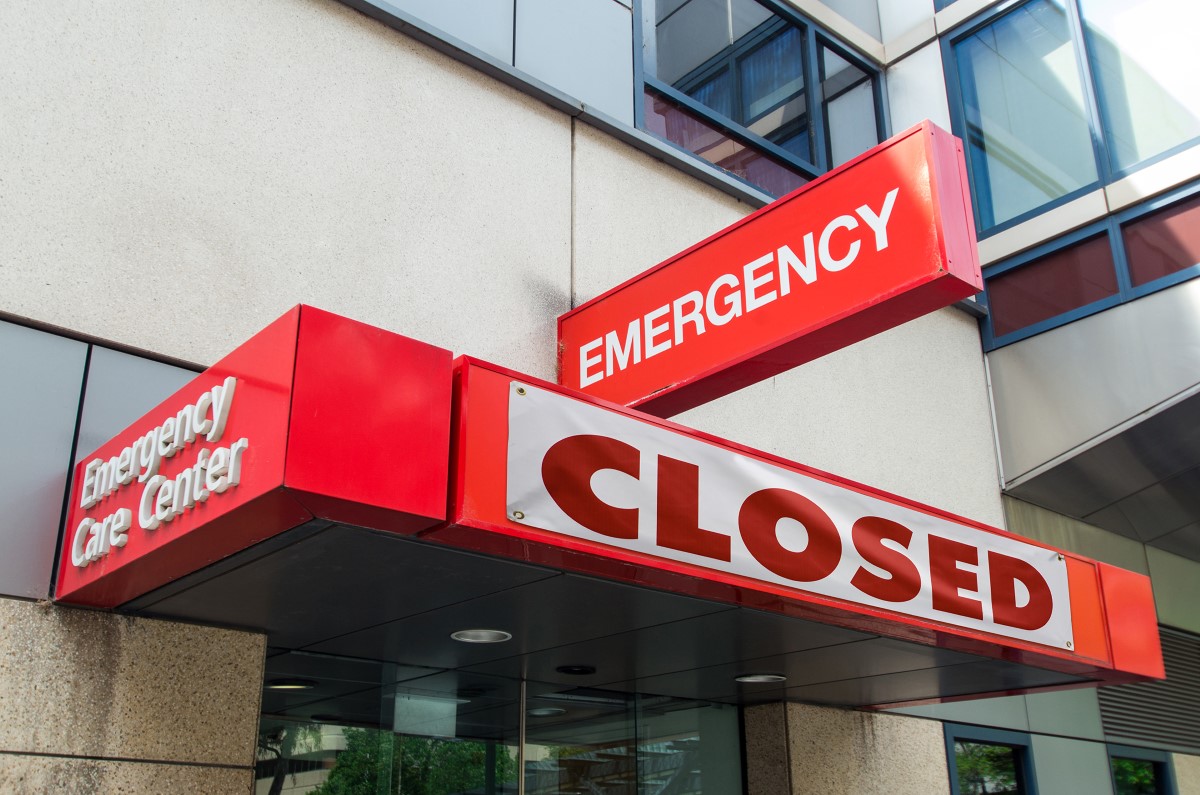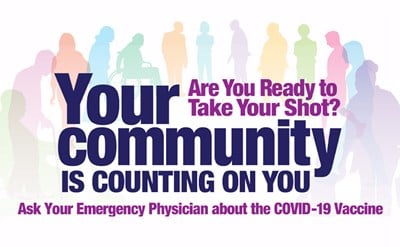WASHINGTON, D.C.—Some of the nation’s largest and most influential medical organizations have come together to urge key Congressional committees to be mindful of potential unintended consequences that threaten access to care as they develop legislative solutions to protect patients from surprise medical bills. These physician societies—representing more than 300,000 physicians across multiple specialties—have laid out key policy considerations to guide any successful legislation:
Protect patients. Patients should only be responsible for in-network cost-sharing when they unknowingly receive out-of-network care at in-network facilities, with balance billing prohibited in such situations. This protection should apply to copays, coinsurance, and deductibles.
Avoid rate setting. A benchmarked rate would allow insurers to shift even more costs to patients through higher deductibles and other cost-sharing. As physicians, we believe our patients benefit most when we are in-network with as many insurers as possible.
Avoid payment disputes from the start. Legislation should provide for a robust independent dispute resolution (IDR) mechanism that incentivizes providers to set reasonable charges and insurers to provide fair and timely payment amounts from the start, without ever needing IDR to be invoked. On the rare occasion when it is needed, the IDR process can provide for a quick, efficient, and easy resolution, without the need for attorney involvement or costs to the federal government.
Maintain patient choice for elective out-of-network care. Patients should still have the opportunity to knowingly receive care from the out-of-network provider of their choice for elective services. Insurers should properly inform patients about which physicians are within their network, just as physicians should be forthcoming with their network status during consultations with the patient.
Encourage transparency from insurers. It’s essential for patients that insurers provide accurate and updated provider directories to seek in-network care. In addition, insurers should be held responsible for complying with the prudent layperson standard for determining coverage for emergency care.
Strengthen network adequacy. Narrow insurance networks are the root cause of surprise bills. Strong oversight and enforcement of network adequacy is needed from both federal and state governments.
The following organizations have co-signed the letter to the House Education and Labor and Ways and Means Committees: American Association of Neurological Surgeons; American Association of Orthopaedic Surgeons; American College of Emergency Physicians; American College of Radiology; American College of Surgeons; American Medical Association; American Society of Anesthesiologists; American Society of Plastic Surgeons; College of American Pathologists; Congress of Neurological Surgeons.
 American College of Emergency Physicians
American College of Emergency Physicians







